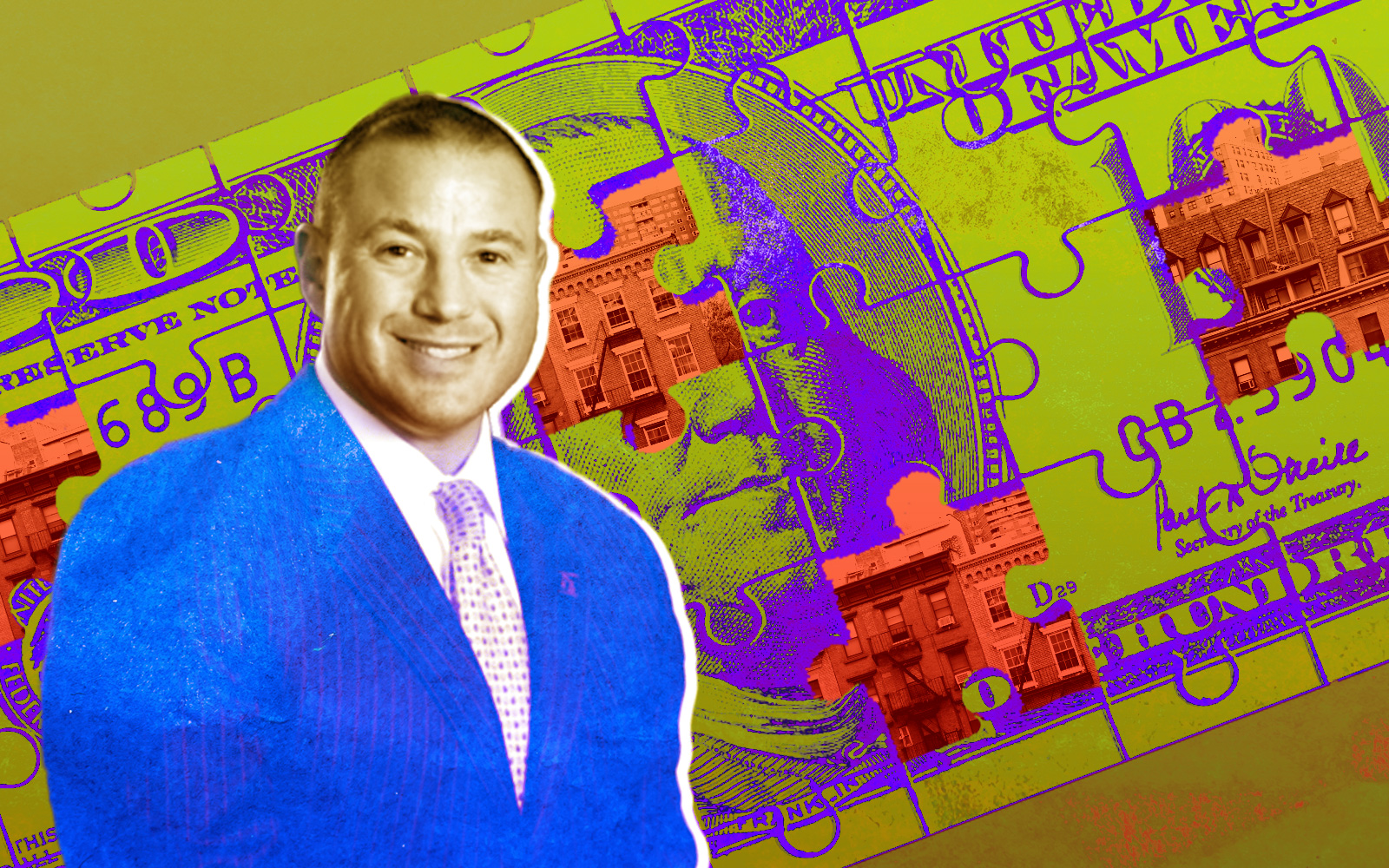New York Community Bank said it would chop its dividend by 70 percent to boost capital and has hiked loss reserves, expecting more distress in its sizable multifamily portfolio.
The bank’s stock tumbled nearly 43 percent when the market opened Wednesday to $5.96 per share, a 23-year low. Shares regained some of that ground by late morning.
CEO Thomas Cangemi said the move to cut distributable earnings would help it comply with regulatory obligations. Its acquisition of Signature Bank’s commercial loans last year “catapulted” it from a regional lender to a Category IV bank with over $100 billion in assets.
Regulators proposed higher capital requirements for such banks last summer in reaction to the failures of Signature, Silicon Valley Bank and First Republic.
“This [decision] was not made lightly,” Cangemi said of the dividend cut on a Wednesday morning earnings call.
“NYCB remains well capitalized,” he added.
Banks with a high concentration of commercial real estate loans have faced scrutiny from regulators in recent weeks, given the potential that distress in the sector could trigger subsequent failures, the Wall Street Journal reported.
NYCB hiked its provision for credit losses — an estimation of unrecoverable debts — by 790 percent from the previous quarter to $552 million. The metric, marked as an expense on its balance sheet, drove a loss of 27 cents per share in the fourth quarter.
The bank reported a near $2 billion increase in criticized multifamily loans — debt with a probability of default. Of its $37 billion multifamily loan book, which comprises 44 percent of its total portfolio, 8 percent was marked criticized in the quarter.
The figure is higher for its rent-stabilized portfolio, which comprises nearly half of its multifamily loans. The bank marked 14 percent of the $18 billion rent-regulated loan book at risk of default, although less than 1 percent was non-performing in the fourth quarter.
Rent-stabilized owners have faced growing distress since the 2019 rent law effectively capped revenues in their buildings, the pandemic brought eviction moratoriums and interest rates shot up. Valuations have plummeted as much as 40 percent and some owners are underwater.
Analysts on Wednesday’s call probed executives on whether multifamily distress would spread.
“Do you expect the pressure on multi[family] translating to losses on that portfolio?” Bank of America analyst Ebrahim Poonawala asked after executives on the call initially dodged his question.
“We had higher levels of substandard [loans] throughout the Financial Crisis, throughout the pandemic,” CFO John Pinto replied. “The rise in substandard loans does not lead directly to specific losses.”
Still, a near-term risk exists for the $2.1 billion in rent-regulated loans maturing or with a floating interest rate set to reprice this year.
Pinto said “a very, very low number” of those maturing loans are criticized. Of loans with a rate reset in 2024, “a very manageable amount” are at risk of default, he added.
The bank’s $3.4 billion office loan book also showed signs of distress. Criticized loans increased by $414 million in the quarter, and over one-third of the portfolio is at risk of default.
NYCB also reported a $42 million net charge-off — debt unlikely to be paid back — for an office loan on which the borrower stopped paying interest.
Pinto said the bank had recently done “a really deep dive on the office portfolio.”
“We haven’t seen any other significant trends from a delinquency perspective,” he added. “So we’re comfortable with where we are now.”
Read more



